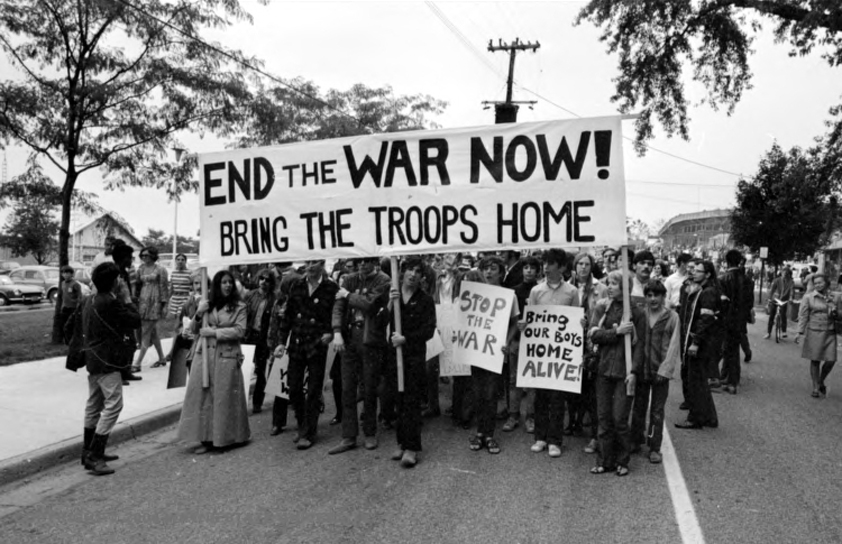It’s impossible to deny that technology has advanced society in many ways. We now have instant access to research, life-saving medical tools, global communication, and platforms that amplify unheard voices. But as I reflect on my own relationship with technology, and society’s relationship with it, I’ve realized these advancements also come with consequences that we are only beginning to understand.
I ask myself this question often throughout my daily life, and the honest answer is that I’m not sure. I spend more time than I’d like to admit on my phone. I check notifications, scroll through social media, watch videos, and read news.
There’s a fine line between staying informed and feeling overwhelmed, and I cross that line more than I’d like to admit. Technology isn’t just a tool anymore; it’s a constant presence. Anywhere I go, even throughout my dorm room, I always need to have my phone in hand. Sometimes, it feels like it’s taking up too much space in my life mentally, emotionally, and socially. I compare myself to other people, I watch videos constantly that either make me really happy and laugh, or really sad and angry. My phone is basically my life. All of my apps, photos, and memories are on my iphone.
The internet is a powerful source of information, but it also causes confusion and chaos. While I try to stay informed and think critically, I can’t ignore how easy it is to be misled. Algorithms feed us what we want to see, not necessarily what we need to understand.
So, is technology making us smarter? Or just better at skimming the surface of everything? I’d like to think it’s both. And yes, I do worry about that. Not all the time, but enough to know it’s something we should all be paying attention to.
This relationship with technology doesn’t just exist in my life. I see it in my friendships and family too. We send memes and reels instead of having real conversations. We’re in the same room, but often not truly with each other. Hanging out with friends can sometimes mean scrolling on our phones and sitting together in one room, rarely interacting with each other.
Yet, it’s not all bad. I’m grateful for how technology keeps me connected with people far away. Since I came to High Point University from Massachusetts, it's helped me maintain long-distance relationships and bring comfort during hard times. The truth is: it both enhances and hinders our relationships. It all depends on how we use it and how much we let it use us.
Here’s something we don’t think about enough: our online footprint. If a potential employer Googled me today, they’d find a news article about how I was a star golf athlete in high school. My LinkedIn also pops up when I google myself. They might find my public VSCO account if they really searched. But every other account I have, like Instagram and Tiktok, are all private.
I post on Instagram a lot, but is that really me? The internet shows selected versions of myself. It's not bad, but it’s certainly not my full story and life. And in today’s world, that’s often all someone sees before they make a judgment. That can be very scary.
I know many people who post constantly about politics and their own opinions, and unfortunately, that usually comes back to bite them. So, I’ve started paying closer attention to what I post, how I comment, and what kind of digital footprint I’m building. Because in many ways, your online presence is your resume.
While this post includes a lot of personal reflection, I know this isn’t just about me. It’s about all of us.
As a society, we’ve accepted technology’s presence in every part of our lives, but that doesn’t mean we’ve stopped to ask what it’s doing to us. We mention things like screen time, digital burnout, and misinformation, but we often say them with a shrug, like the damage is already done.
Still, I believe we have a choice. Awareness is the first step toward a healthier balance. If we become more mindful of how we use technology (what we consume, how we communicate, and what we put out into the world), then maybe we can redefine this relationship before it defines us.






